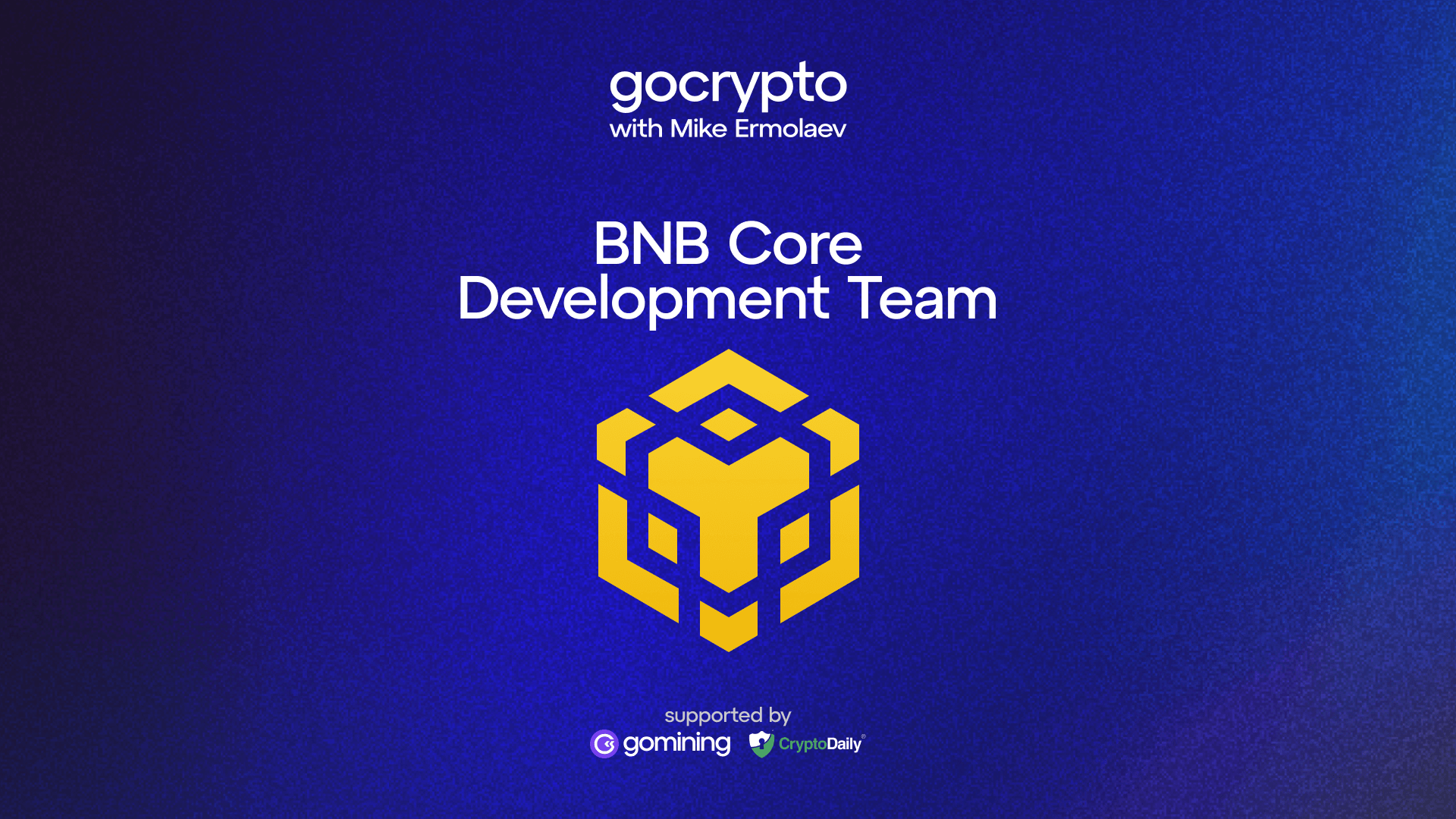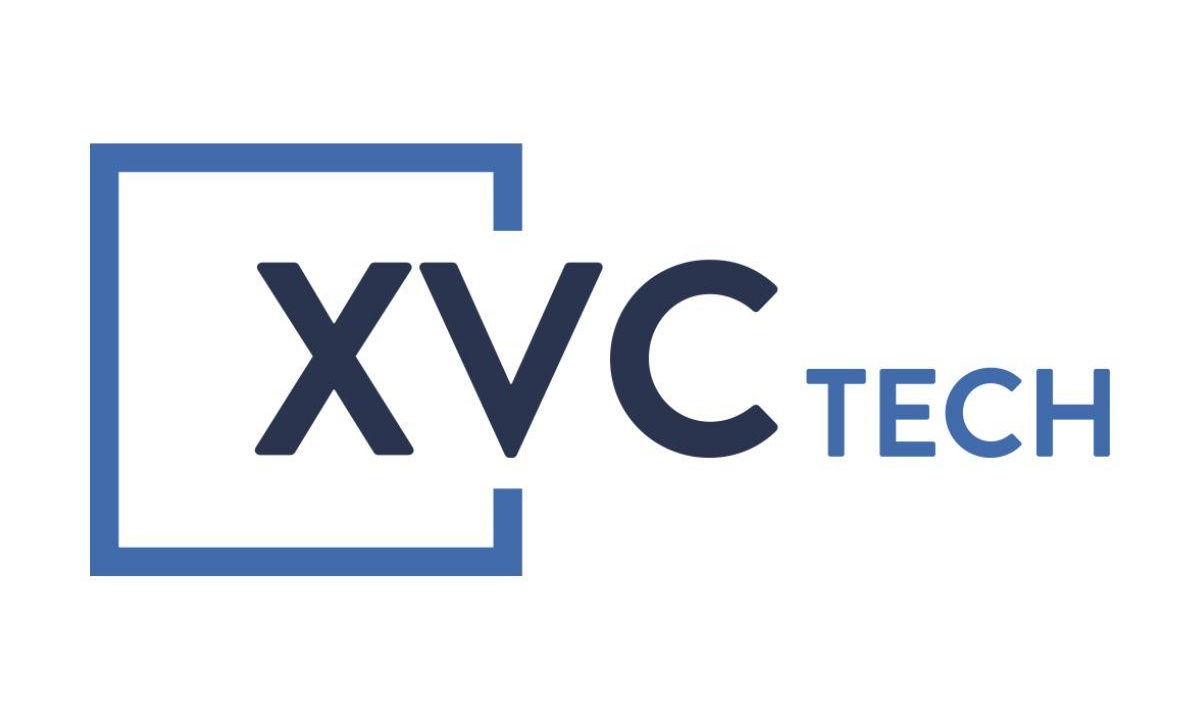Table of Contents
Back in 2017 everyone thought of crypto as a way to purchase non-traditional income securities, onboarding and offboarding them as trends change, and making some cash as ‘capital gains.’ But right after the major bear market hit at the start of 2018, the number of people utilizing crypto in this manner drastically decreased, ‘weeding out’ people who just followed the hype and jumped on the bandwagon.
Nevertheless, in 2019 and now 2020 many have regained their confidence in crypto, especially with institutional investors becoming interested in this technology. As crypto became more widely adopted across various industries in the past two years, more people started using it as an everyday payment tool rather than investing in cryptocurrencies as if they were a form of equity, or for speculative purposes.
One market which is currently seeing a boom in crypto transactions is the real estate industry. In a country like the UAE, things started getting pretty interesting, especially with developers discussing the chance of accepting cryptocurrency in Dubai real estate transactions. Later, even landlords started to gain interest so as not to miss out on the crypto real estate party.
While crypto mass adoption isn’t really here yet, there still is a steady market that has constantly been growing over the past few years. For example, a study done a couple of years back by Bayut about the UAE crypto real estate industry has discovered some interesting results. From a sample size of around 170,000, they asked whether people would be interested in knowing the value of property in cryptocurrency, with 52% saying yes (mostly out of curiosity, but still). Although when asked if they would be interested in buying/selling/renting property with crypto, only a meagre 3% said yes. Mass adoption isn’t there yet, as has been mentioned before, and there is still a long way to go until this is rectified, but the interest is there, and its rising.
When segmenting the UAE, Dubai seems like a place where the real growth is occurring, with developers launching crypto payments options for home buyers, like Ellington and Emaar properties. Apart from the developers themselves launching these payment options, real estate agencies are also joining in, with companies like fäm Properties integrating wallets and crypto exchanges into their platforms to get a hold of a bigger portion of the market.
One real estate agency in particular has been attracting quite a lot of attention lately - Epoch BTC, which has recently been integrated into the renowned instant exchange service Changelly to provide their clients more opportunities when purchasing property in Dubai. Quinten Swartberg, the Managing Director of Epoch BTC, said that “the UAE is known as one of the most technologically advanced countries in the world, and so have been implementing and researching blockchain technology and its transactional efficiency for years.” Continuing on he says that “from a real estate investment point of view, Dubai is currently a very attractive and affordable market, and with over 400 unity currently available in Dubai that accept cryptocurrency, all being high-quality newly-developed properties in the most sought after areas.”
Eric Benz, Changelly CEO, has also shared his thoughts on the UAE being at the forefront of crypto adoption. He stated that, “The wonderful thing about the UAE markets is their ability to implement change so quickly. They do not have as many legal issues to deal with, and have always been at the forefront of adopting new and innovative technologies. There are many places all around the world trying to put their stamp on this emerging ecosystem and I believe that the UAE has done an incredible job to really cement their presence and show real change.”
Still in its early stages, crypto adoption within the real estate industry is growing in part due to very positive initiatives led by the UAE government to move towards an improved and more efficient way to carry out transactions. Apart from the transaction elements behind accepting crypto as a form of payment for properties, Quinten Swartberg believes blockchain technology in other forms and methods (outside of payments) is also on the rise. He states that “the introduction of smart contracts by real estate blockchains is what could change the face of the entire industry, and is something that several governments have already started working on. This would effectively improve liquidity, drastically speed up processes (something that is very important because of the volatility of crypto), it would also cut out intermediaries and make it cheaper for both the buyer and the seller.”
Benz decided to weigh in on this factor, adding “that the process of purchasing real estate will become much more efficient, as currently the many steps carry so much friction and of course staggering costs which can be avoided and streamlined using blockchain technology.” He also says that, “one of the main benefits blockchain has to offer is the ability to remove any third parties like escrow and legal services as each properly sale can easily be facilitated by the blockchain itself. The ability of the blockchain to be able to handle all aspects of counterparty interaction is a huge innovation and one which will naturally be applied to real-estate and many other industry verticals.”
Complementing the above, when looking at the use of blockchain in land registries one can understand there is a potential to reduce certain manual inefficiencies. This would also significantly reduce fraud, since the information on a blockchain cannot be tampered with, and with its transparency measures, all parties that have access to the ledger can view that information specifically.
There are certain developing countries where the land registration system is not as secure and, therefore, is open to corruption and manipulation, so they would find this technology very useful. Dubai understands the need for this system by announcing its intentions to be the first blockchain-powered government, and a leading centre on this regard, focusing around three pillars, these being; Government efficiency, industry creation, and international leadership.
Next Steps OR The Future is Now
The shift towards the adoption of crypto and blockchain technology is here, and will likely have a transformative effect on several industries. Although many private and government institutions are advancing blockchain technology to make it more accessible and usable across all industries, one of the main usability difficulties being faced at the moment is the famous trilemma. Developers build a blockchain based on three factors; Security, Scalability and Decentralisation - all very important aspects, but all have an opportunity cost. Another issue is blockchain being so new, and with new technology comes confusion, and with confusion comes fear.
However, as the technology life cycle goes, there are those who choose to adopt technology early and thus flourish, those who believe in it and its uses. Those will be the ones that will be the leaders in the future when the technology reaches its maturity stage. Benz also sees it this way when taking into account the real estate market, saying that “we can see the many advantages blockchain can have on the real estate industry so it’s simply a matter of time until these new technologies are applied.” To complement this, Swartberg gave the following advice to real estate companies interested in adopting crypto within their operations; “Real estate companies need to be open to this new technology, and take the first-mover advantage on this in their market, as it is no longer a question of whether or not cryptocurrency will change the face of the real estate industry or any other transactional industry for that matter, but rather when.”









